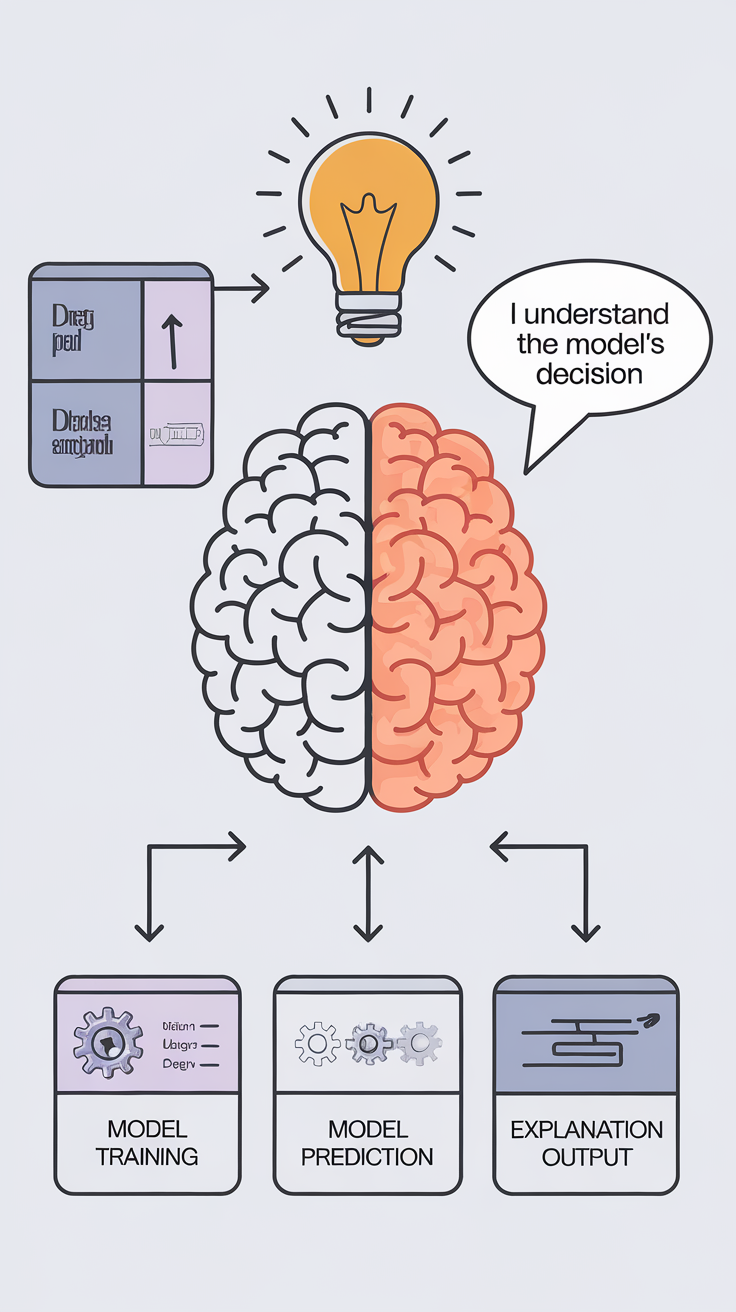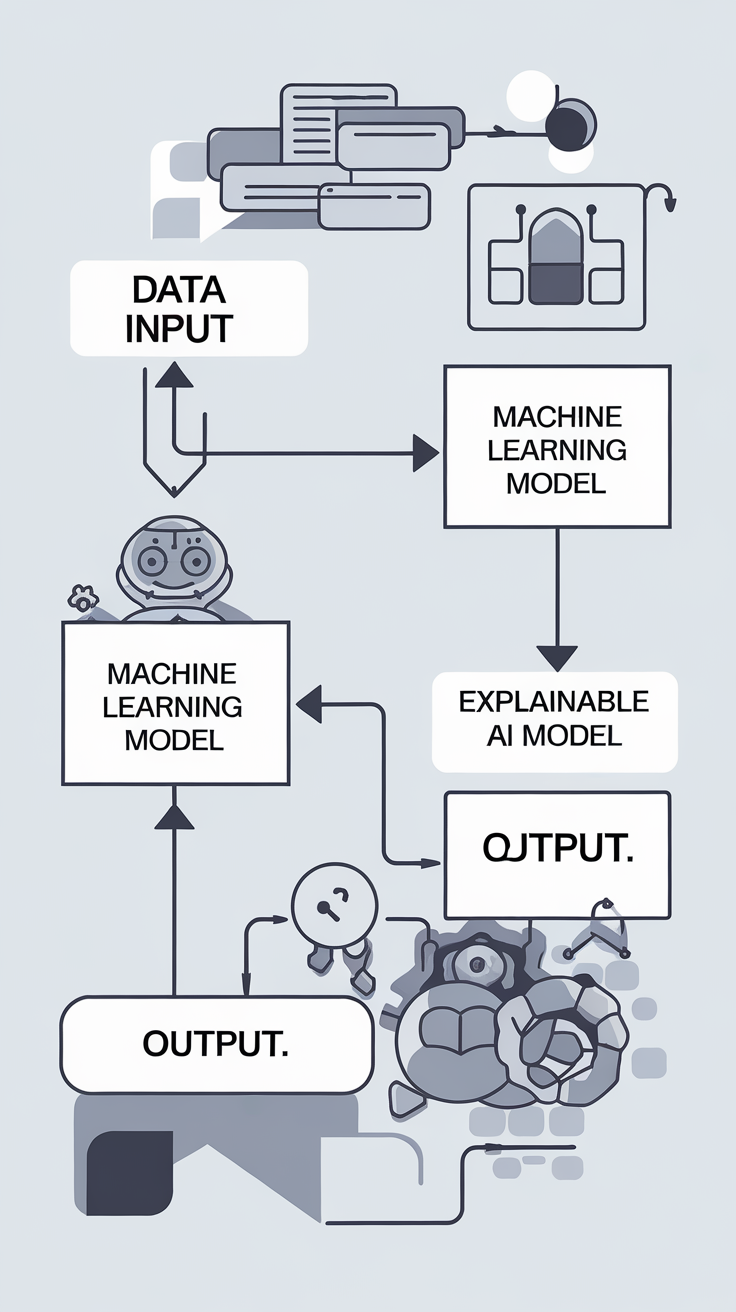The Power of Mindful Eating: A Game-Changer for Sustainable Weight Loss
Last Updated: July 31, 2025 at 6:00:43 AM UTC
Mindful eating is a powerful tool for achieving and maintaining a healthy weight, but its benefits extend far beyond the scale.

In the quest for sustainable weight loss, few strategies have garnered as much attention as mindful eating. This practice, which involves paying attention to the sensory experience of eating, has been touted as a game-changer for those seeking to shed pounds and develop a healthier relationship with food. But what exactly is mindful eating, and how can it help you achieve your weight loss goals?
What is Mindful Eating?
Mindful eating is the practice of paying attention to the sights, smells, tastes, textures, and sounds of your food. It's about slowing down, savoring each bite, and developing a greater awareness of your body's hunger and fullness cues. This approach is rooted in the idea that our brains are wired to respond to emotional and sensory cues, rather than just physical hunger.
The Science Behind Mindful Eating
Studies have shown that mindful eating can lead to a range of benefits, including:
- Reduced calorie intake: When you're more mindful of your eating, you're more likely to eat until you're satisfied, rather than stuffed.
- Increased feelings of fullness: Mindful eating can help you tune into your body's natural fullness cues, leading to a greater sense of satisfaction and reduced cravings.
- Improved digestion: By eating more slowly and savoring each bite, you're giving your body a chance to properly digest your food, reducing symptoms of digestive discomfort.
How to Practice Mindful Eating
So, how can you start practicing mindful eating? Here are a few tips to get you started:
- Eat slowly: Take small bites, and pause between each bite to savor the flavors and textures of your food.
- Focus on your senses: Pay attention to the colors, smells, and sounds of your food. Notice the way the light reflects off the plate, the aroma of the dish, and the sounds of utensils on the plate.
- Notice your hunger and fullness cues: Pay attention to your body's natural signals, rather than eating out of habit or emotional triggers.
- Make mealtime a ritual: Turn mealtime into a special occasion by setting the table, lighting candles, or enjoying a glass of wine.
Conclusion/Key Takeaways
Mindful eating is a powerful tool for achieving and maintaining a healthy weight, but its benefits extend far beyond the scale. By practicing mindful eating, you can develop a greater awareness of your body's needs, reduce stress and anxiety, and cultivate a more positive relationship with food. Whether you're looking to lose weight, improve your overall health, or simply enjoy your meals more, mindful eating is a game-changer worth exploring.












